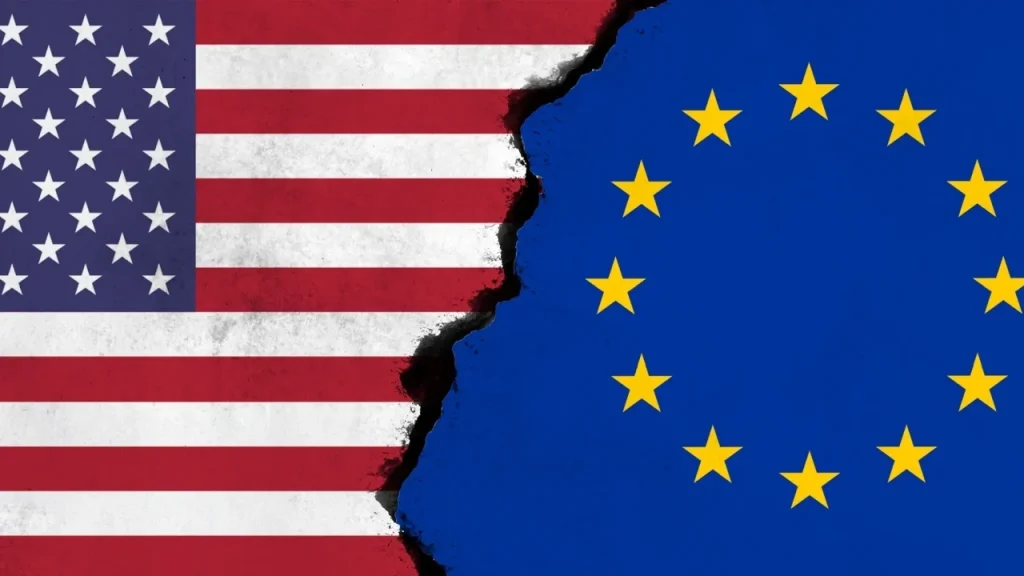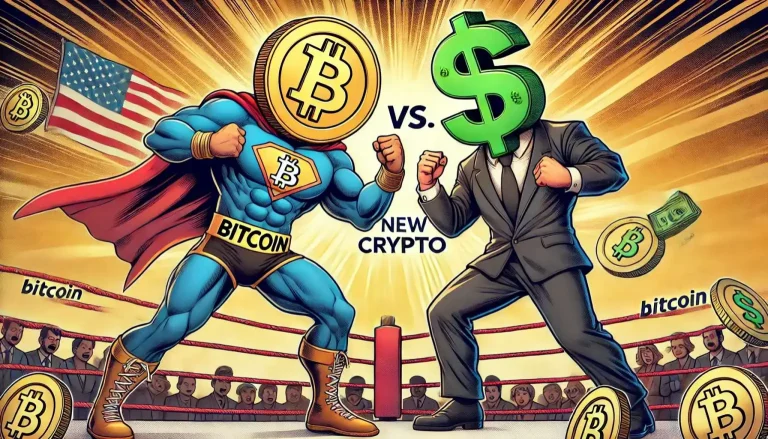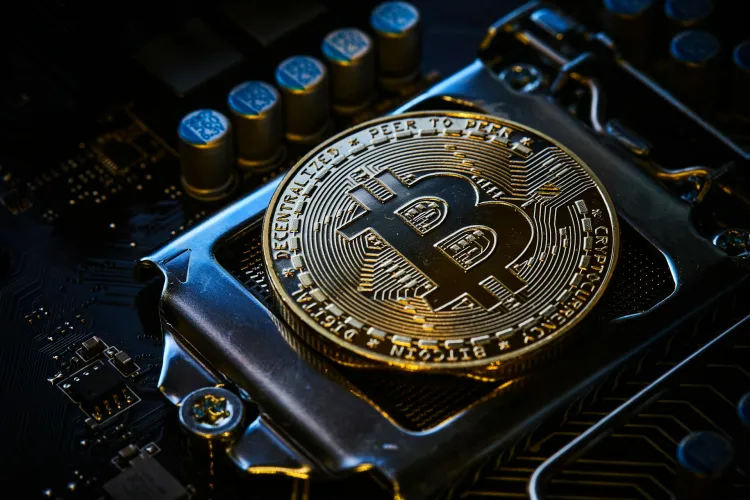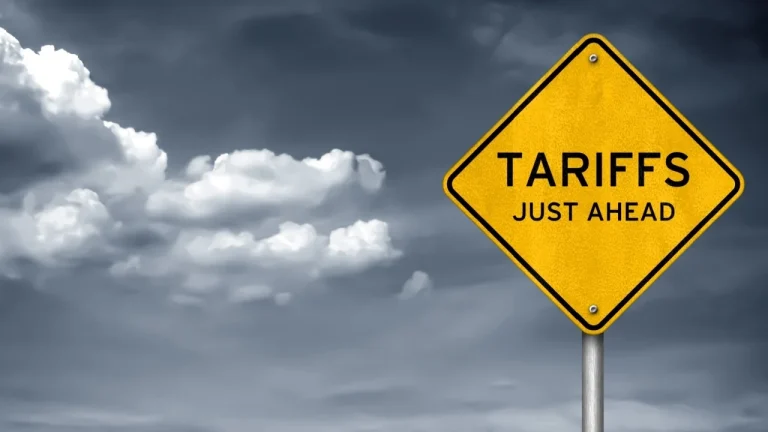
Introduction
In an era of increasing economic uncertainty and geopolitical tensions, the United States may be considering a significant shift in its reserve strategy. Recent discussions suggest that the US could establish a strategic Bitcoin reserve while simultaneously increasing its gold holdings to hedge against global financial instability. This potential move reflects broader trends in monetary policy, digital asset adoption, and the evolving role of traditional safe-haven assets.
Why the US Might Turn to Bitcoin and Gold
- Diversification Against Dollar Devaluation
- The US dollar’s dominance is being challenged by de-dollarization efforts from BRICS nations (Brazil, Russia, India, China, South Africa) and other economic blocs.
- Holding Bitcoin, a decentralized asset, could provide an alternative store of value beyond traditional fiat systems.
- Geopolitical Tensions and Sanctions
- With nations like Russia and China increasing their gold reserves and exploring Central Bank Digital Currencies (CBDCs), the US may seek to counterbalance these moves by adopting Bitcoin as a strategic asset.
- Bitcoin’s censorship-resistant nature makes it a viable tool in scenarios where traditional financial systems are weaponized.
- Institutional and Regulatory Shifts
- The approval of Bitcoin ETFs in 2024 signaled growing institutional acceptance.
- If the US government classifies Bitcoin as a strategic reserve asset, it could legitimize its role in national financial security.
- Gold’s Enduring Value
- Despite the rise of digital assets, gold remains a proven hedge against inflation and economic crises.
- Increasing gold reserves would align with historical trends during periods of monetary instability.
Potential Challenges
- Bitcoin’s Volatility – Unlike gold, Bitcoin experiences significant price swings, which could pose risks for large-scale reserves.
- Regulatory Uncertainty – The US government has yet to establish a clear framework for Bitcoin as a reserve asset.
- Global Competition – China and Russia have been aggressively accumulating gold, while El Salvador has already adopted Bitcoin as legal tender.
Conclusion
The combination of geopolitical pressures, economic uncertainty, and the rise of digital assets may push the US toward a dual strategy of bolstering gold reserves while exploring Bitcoin as a strategic asset. If implemented, this could mark a historic shift in global financial power dynamics, reinforcing the US’s position in an increasingly multipolar world.





